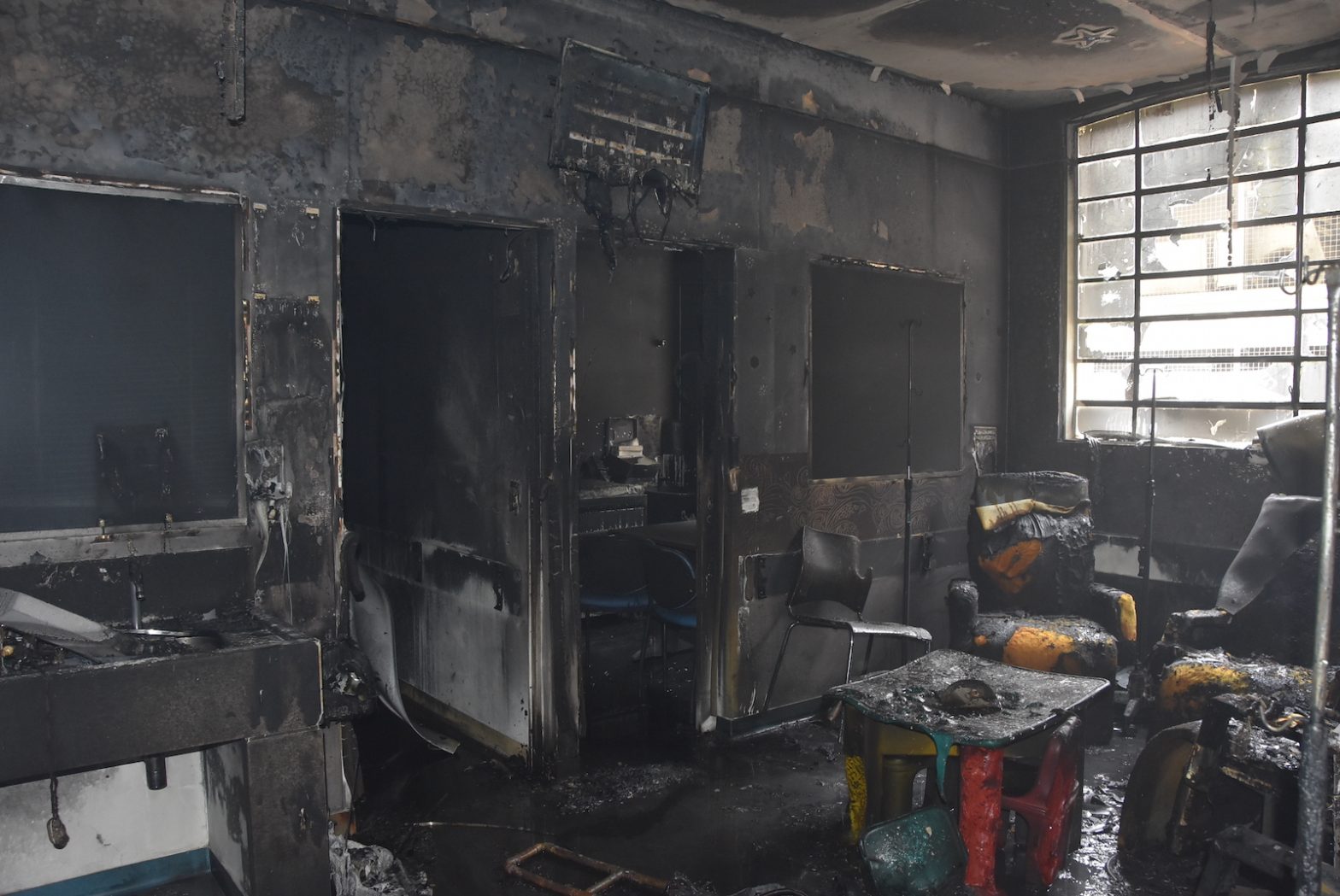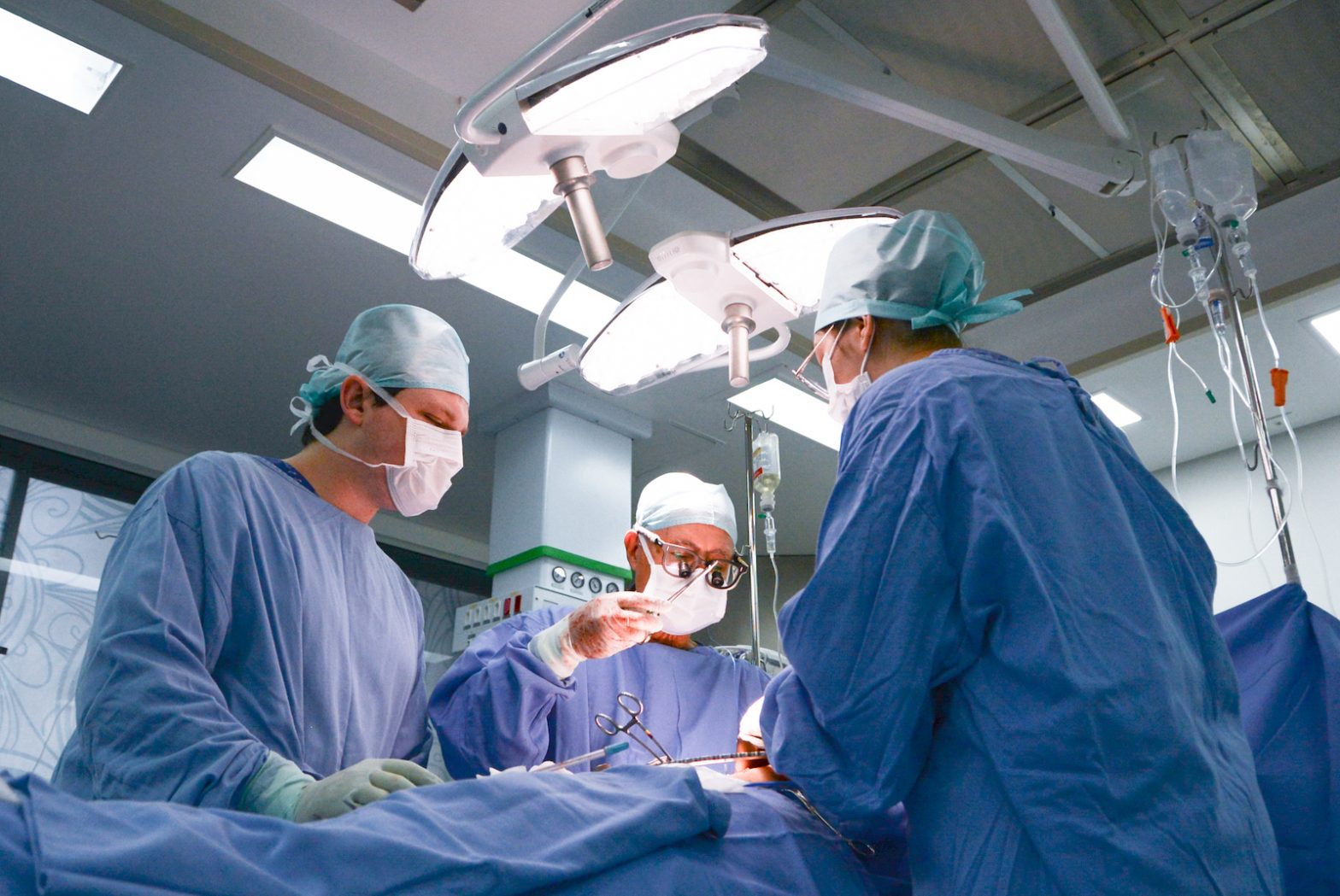Law sanctioned in January provides for annual readjustment of services provided by the SUS (Brazilian Public Health System)
Historic achievement minimizes delay in transfers to philanthropic hospitals, such as Pequeno Príncipe
In January, the federal government sanctioned Law 14,820, which establishes the annual readjustment of services provided to the Brazilian Public Health System (SUS, abbreviation in Portuguese). Under the new legislation, proposed by congressman Antonio Brito (from the PSD party, Bahia state), in December of each year, the Ministry of Health must define the percentage of correction that will come into force over the following 12 months. These values will be discussed and approved by the National Health Council, a body made up of representatives of users, workers, SUS managers and service providers. The change in the law is a historic achievement, especially for philanthropic hospitals, which provide the majority of care via SUS in Brazil and face many financial difficulties due to healthcare underfunding.
In the country, around 75% of the population depends on the SUS to have their rights to health and life guaranteed. Alone, public hospitals cannot assist the more than 150 million Brazilians who depend on the public system. And that’s where philanthropic hospitals, like Pequeno Príncipe, come in.
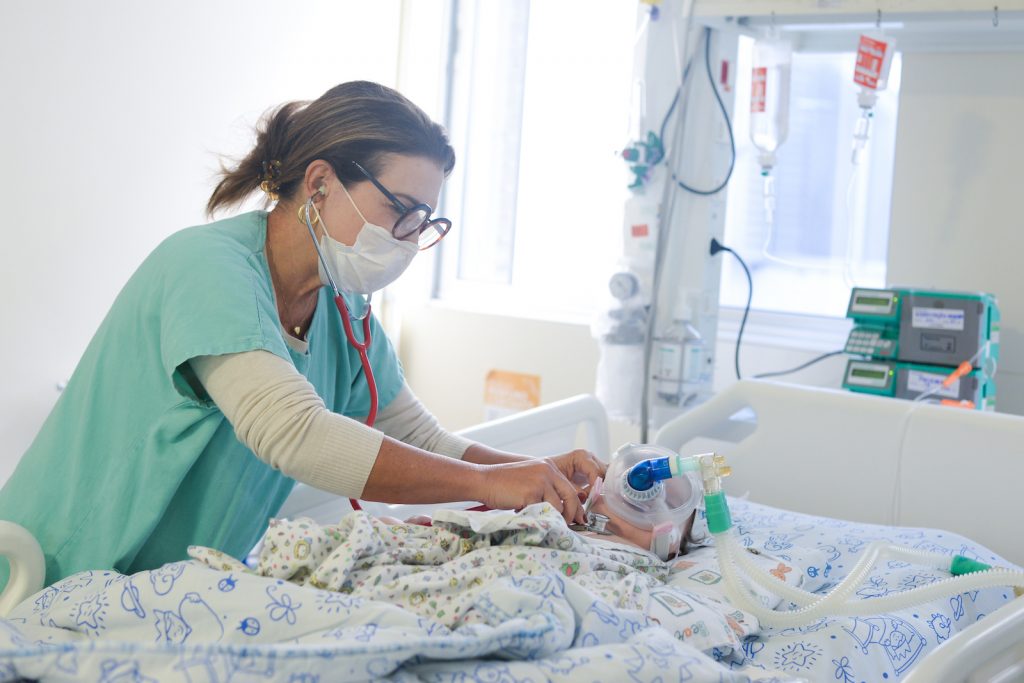
Under valuation
Despite its unquestionable relevance to the health sector, philanthropic organizations face serious financial problems due to the large delay in SUS payments. From 1994 to date, the fee table has had an average adjustment of 94%, while the National Consumer Price Index was adjusted by 636%, according to the Confederation of Santas Casas de Misericórdia, Hospitals and Philanthropic Entities.
In addition to the discrepancy in prices charged, the reference values were established in the 1980s and are based on the average cost of medicine practiced at that time. But medicine has advanced, and many new medications and procedures that have emerged since then have not been considered in the composition of these values. In other words, even if the transfers had received adequate inflationary correction, they would not be in accordance with the medicine practiced today, which has incorporated new technologies, making its practice more expensive.
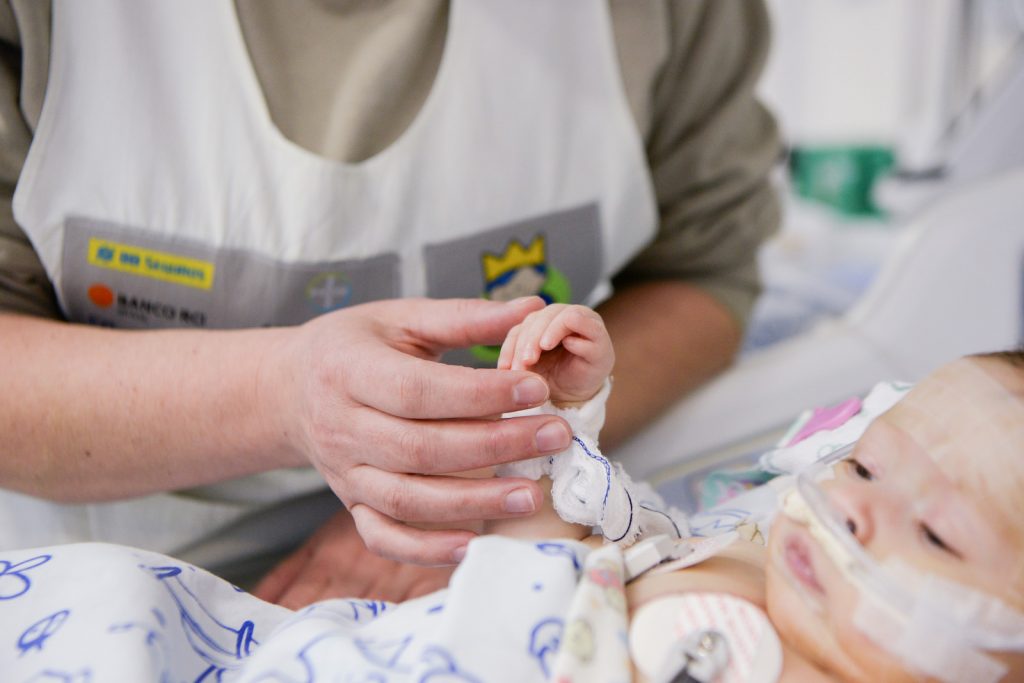
Additional costs
Considering pediatric care, there are other elements that contribute to increased costs and are fundamental. Children are entitled to be hospitalized with a companion by their side. This person, however, needs to eat while in the Hospital. The companion also needs to maintain hygiene, needs a suitable environment to rest, and often requires psychological support. All these needs are not fully included in the amounts offered by SUS.
Another example is the manipulation of medication doses. While in a hospital for adults it is possible, for example, to offer medication in the dosage in which it is made available by the pharmaceutical industry, for children it is usually necessary to divide it, adapting the dose to the patient’s weight. Pequeno Príncipe caters for children with weights ranging from less than 1kg to more than 100kg. The dose of each medication is calculated and prepared in the pharmacy for each child, thus ensuring safety in supply. Each month, an average of 800,000 doses are prepared, requiring the Hospital’s pharmacy to have a greater number of employees, meaning more costs for the institution.
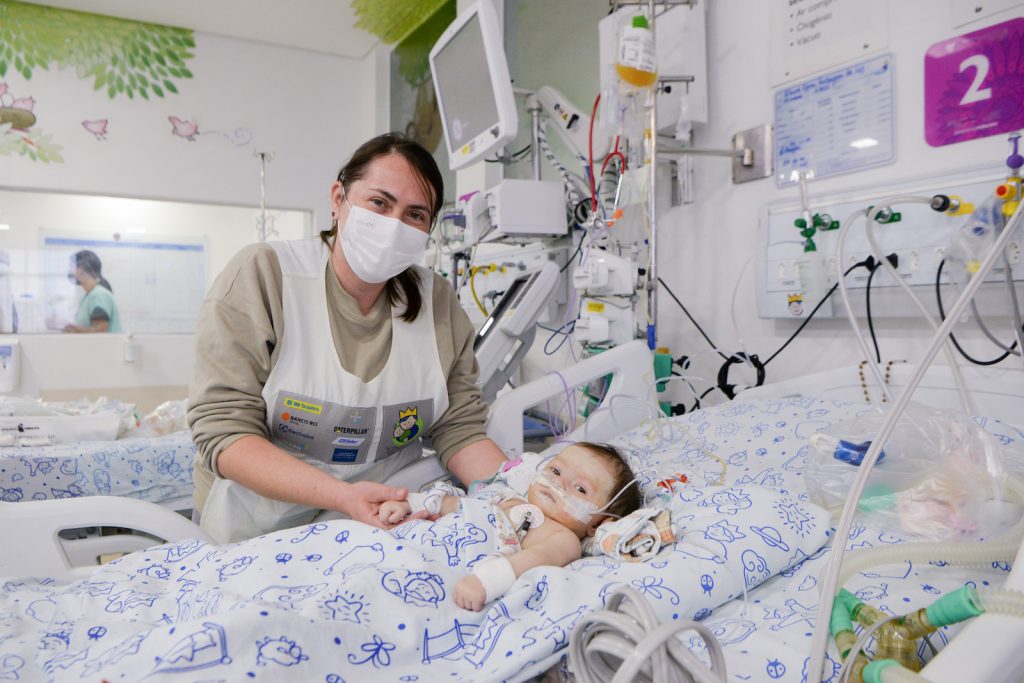
Challenge
This reality, added to other difficulties faced by the sector, such as the health insurance crisis, has made closing the accounts of philanthropic institutions increasingly challenging. And it is in this scenario that the new law presents itself as a positive perspective for the financial recovery of services provided via SUS. A historic achievement that represents the realization of a joint effort involving the mobilization of sector representatives and the commitment of parliamentarians from the National Congress and the federal government to minimize the chronic problem caused by SUS underfunding.
“I read the new rule as an opportunity for organizations that have a deep commitment to quality, especially for nationally renowned teaching and research hospitals,” assesses the CEO of Pequeno Príncipe Complex, José Álvaro da Silva Carneiro.
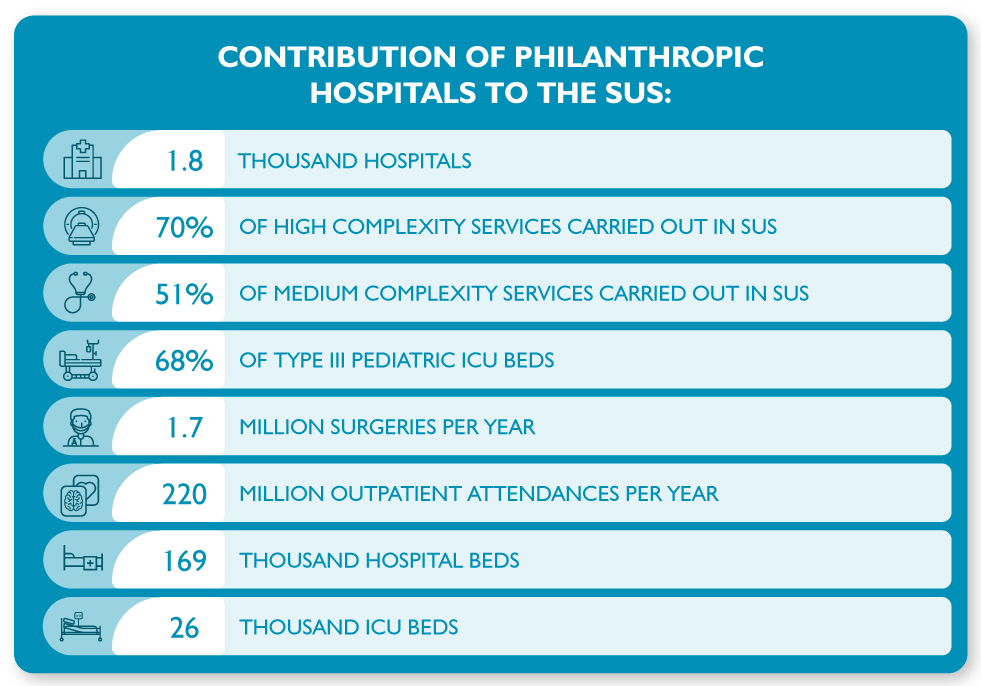
More
Reconstruction of the Oncology, Hematology, and BMT Outpatient Clinic will begin in March
Premises were destroyed in a fire that occurred in October 2023; work is estimated to last four months
Agenda in favor of children’s rights has opportunities to be strengthened in 2024
New terms in guardianship councils, municipal elections, and changes to the Brazilian Child and Adolescent Statute (ECA) are possibilities to face a challenging scenario
First solid organ transplant performed in Pequeno Príncipe reaches its 35th anniversary
In these more than three decades, the Hospital has expanded and improved its operations, becoming an important transplant center in Brazil


